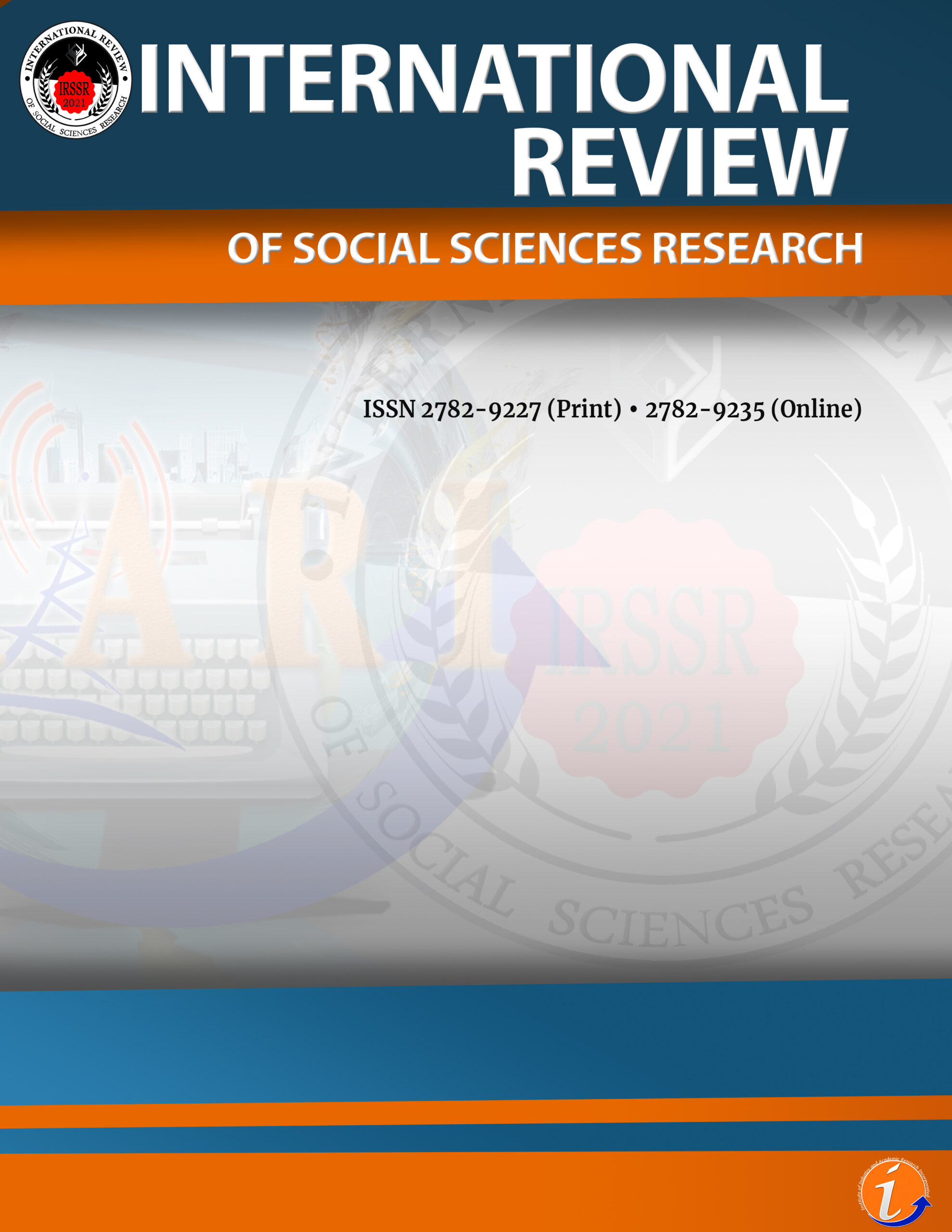The purpose of this study is to examine the effects of the Narcotics Law Articles 111, 112, 117, and 122 on the use of drugs for recreational purposes, with focus on individuals who possess, store, and regulate narcotics. This study used a normative legal research strategy, which involves analysing legal texts, regulations, and court decisions. We collected and analysed data from statutory laws, legal commentaries, and case studies to assess the practical application of these provisions. The findings suggest that despite their noble intentions, these articles often lead to severe punishments for individual users without distinguishing them from large-scale traffickers. Drawing from the experiences of nations like the Netherlands and Portugal, this research proposes legislative reforms to create more equitable and efficient drug control policies in Indonesia, emphasising rehabilitation over punishment.
narcotics law, legal implications, rehabilitation, Indonesia
Hatarto Pakpahan. Corresponding author. Faculty of Law, Brawijaya University, Indonesia. Email: hatartopakpahan@student.ub.ac.id
I Nyoman Nurjaya. Faculty of Law, Brawijaya University, Indonesia. Email: nurjayai@yahoo.com
Setiawan Nurdayasakti. Faculty of Law, Brawijaya University, Indonesia. Email: hatartopakpahan@student.ub.ac.id
Nurini Aprilianda. Faculty of Law, Brawijaya University, Indonesia. Email: nurini.aprilianda@ub.ac.id
“All authors equally contributed to the conception, design, preparation, data gathering and analysis, and writing of the manuscript. All authors read and approved the final manuscript.”
No potential conflict of interest was reported by the author(s).
This work was not supported by any funding.
Amirudin & Zainal Asikin (2004). Pengantar metode penelitian hukum. Radja Grafindo.
Asphianto, A. (2024). Application of law number 35 of 2009 concerning narcotics: Case study of decisions in Serang District Court. Journal of Law and Sustainable Development, 12(3), e3455. https://doi.org/10.55908/sdgs.v12i3.3455
Clark, T.W. (2021). Determinism and destigmatization: Mitigating blame for addiction. Neuroethics, 14, 219–230. https://doi.org/10.1007/s12152-020-09440-w
Félix, S., & Portugal, P. (2017). Drug decriminalization and the price of illicit drugs. International Journal of Drug Policy, 39, 121–129. https://doi.org/10.1016/j.drugpo.2016.10.014
Foster, A.L. (2019). The Philippines, the United States, and the origins of global narcotics prohibition. The Social History of Alcohol and Drugs, 33(1), 13–36. https://doi.org/10.1086/702691
Ghofur, A., & Suryawati, I. (2021). Konstruksi berita penangkapan komedian nunung terjerat narkoba di media online. Pantarei, 5(02), 02. https://jom.fikom.budiluhur.ac.id/index.php/Pantarei/article/view/684
Gondokesumo, M. E., & Amir, N. (2021). Legality of marijuana use in the need for medical treatment in Indonesia (Judging from law number 36 of 2009 concerning health and law number 35 of 2009 concerning narcotics). Journal Equity of Law and Governance, 1(2), 119-126. https://doi.org/10.55637/elg.1.2.3938.119-126
Greenwald, G. (2009). Drug Decriminalization in Portugal. Cato Institute.
Hughes, C. E., & Stevens, A. (2010). What can we learn from the Portuguese decriminalization of illicit drugs? The British Journal of Criminology, 50(6), 999–1022. https://doi.org/10.1093/bjc/azq038
Kabra, S. & Gori, S. (2023). Drug trafficking on cryptomarkets and the role of organized crime groups. Journal of Economic Criminology, 2, 100026. https://doi.org/10.1016/j.jeconc.2023.100026
Klebacher, R., Harris, M. I., Ariyaprakai, N., Tagore, A., Robbins, V., Dudley, L. S., Bauter, R., Koneru, S., Hill, R. D., Wasserman, E., Shanes, A., & Merlin, M. A. (2017). Incidence of naloxone redosing in the age of the new opioid epidemic. Prehospital Emergency Care, 21(6), 682–687. https://doi.org/10.1080/10903127.2017.1335818
Laqueur, H. (2015). Uses and abuses of drug decriminalization in Portugal. Law & Social Inquiry, 40(3), 746–781. https://doi.org/10.1111/lsi.12104
Leechaianan, Y., & Longmire, D. R. (2013). The use of the death penalty for drug trafficking in the United States, Singapore, Malaysia, Indonesia and Thailand: A comparative legal analysis. Laws, 2(2). https://doi.org/10.3390/laws2020115
Mahmud, P. M. (2016). Pengantar ilmu hukum edisi revisi. Kencana Prenada Media Group.
Mascini, P., & Houtman, D. (2011). Resisting administrative tolerance in the Netherlands: A rightist backlash? The British Journal of Criminology, 51(4), 690–706. https://doi.org/10.1093/bjc/azr024
Mills, J. H. (2016). The IHO as actor: The case of cannabis and the Single Convention on Narcotic Drugs 1961. Hygiea internationalis, 13(1), 95–115. https://doi.org/10.3384/hygiea.1403-8668.1613195
Neicun, J., Steenhuizen, M., Kessel, R. van, Yang, J. C., Negri, A., Czabanowska, K., Corazza, O., & Roman-Urrestarazu, A. (2019). Mapping novel psychoactive substances policy in the EU: The case of Portugal, the Netherlands, Czech Republic, Poland, the United Kingdom and Sweden. Plos One, 14(6), e0218011. https://doi.org/10.1371/journal.pone.0218011
Pacula, R. L., & Sevigny, E. L. (2014). Marijuana liberalizations policies: Why we can’t learn much from policy still in motion. Journal of policy analysis and management: the journal of the Association for Public Policy Analysis and Management, 33(1), 212–221. https://doi.org/10.1002/pam.21726
Pratiwi, Y. I., Cengiz, M. K., & Mouhin, A. (2023). Cannabis regulation: a comparative study in Indonesia, Turkey, and Morocco. Kosmik Hukum, 23(1), 103. https://doi.org/10.30595/kosmikhukum.v23i1.18888
Qamar, N., Syarif, M., Busthami, D. S., Hidjaz, M. K., Aswari, A., Djanggih, H., & Rezah, F. S. (2017). Metode penelitian hukum (Legal research methods). CV. Social Politic Genius (SIGn).
Ramadani, S., Danil, E., Sabri, F., & Zurnetti, A. (2021). Criminal law politics on regulation of criminal actions in Indonesia. Linguistics and Culture Review, 1373–1380. https://doi.org/10.21744/lingcure.v5nS1.1651
Sitompul, M.N., & Sitompul, A. (2022). Execution of death penalty in narcotics crime in the perspective of national law in Indonesia. International Asia of Law and Money Laundering (IAML), 1(2). https://doi.org/10.59712/iaml.v1i2.19
Suhartini, E., Roestamy, M., & Yumarni, A. (2019). Prevention and eradication of drug trafficking in Indonesia. UNTAG Law Review, 3(1), 39–56. http://dx.doi.org/10.56444/ulrev.v3i1.1063
Unger, R.M. (2015). The critical legal studies movement: Another time, a greater task. Verso Books.
Volkow, N.D., Poznyak, V., Saxena, S. & Gerra, G (2017). UNODC-WHO informal international scientific network. Drug use disorders: impact of a public health rather than a criminal justice approach. World Psychiatry, 16(2), 213-214. https://doi.org/10.1002/wps.20428
Wolff, N., von Hippel, C., Brener, L., & von Hippel, W. (2015). Implicit identification with drug and alcohol use predicts retention in residential rehabilitation programs. Psychology of Addictive Behaviors, 29(1), 136–141. https://doi.org/10.1037/adb0000004
Zehr, H. (2004). Commentary: Restorative justice: Beyond victim-offender mediation. Conflict Resolution Quarterly, 22(1-2), 305-315. https://doi.org/10.1002/crq.103
Cite this article:
Pakpahan, H., Nurjaya, I.N., Nurdayasakti, S. & Aprilianda, N. (2024). Legal implications for the regulation of ownership, storage and control of narcotics in Indonesia. International Review of Social Sciences Research, 4(4), 1-17. https://doi.org/10.53378/irssr.353110
License:
![]()
This work is licensed under a Creative Commons Attribution (CC BY 4.0) International License.










